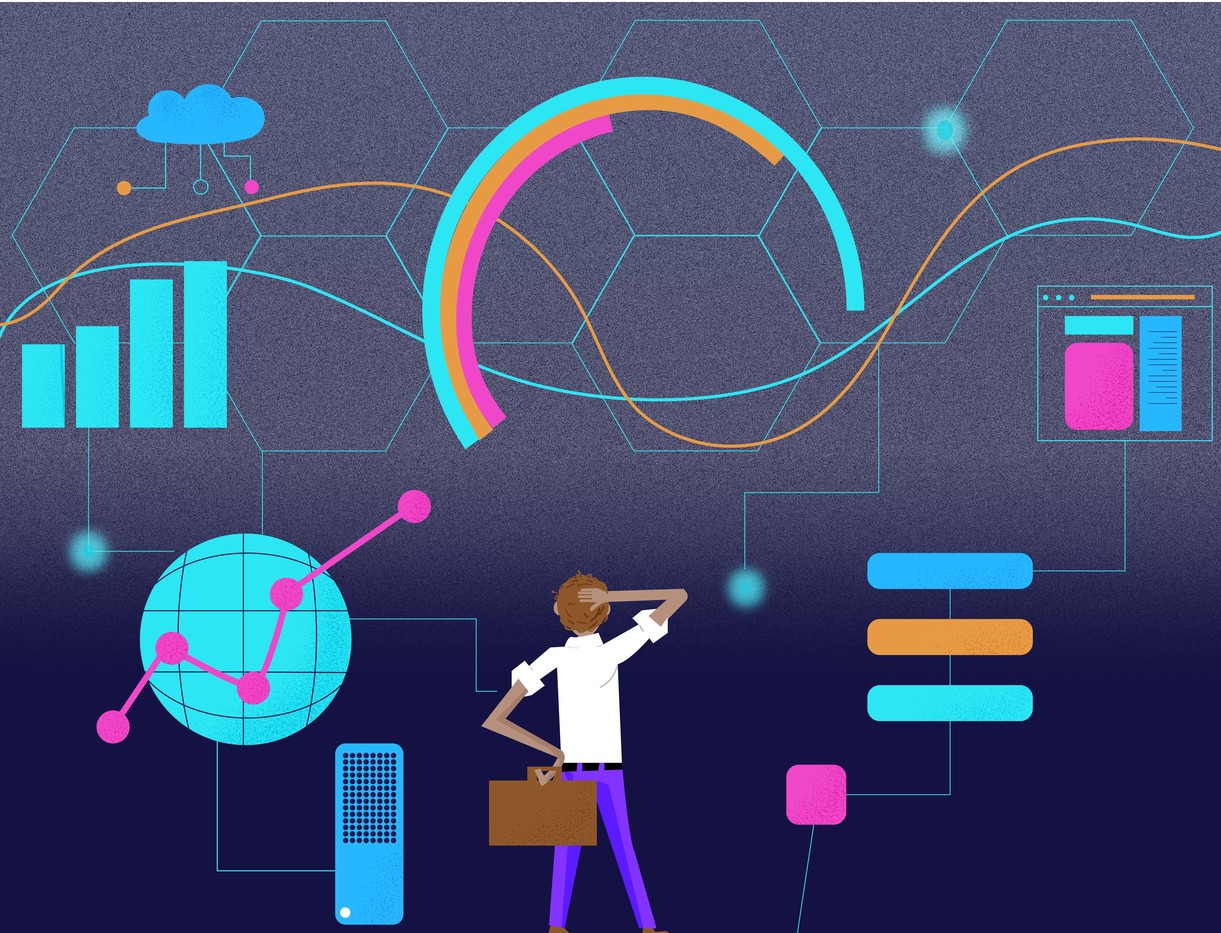The Covid-19 coronavirus pandemic has served as the engine of the digitization of companies. A great leap has been made at the technological level.
Five months have been equivalent to five years of progress, but the leap has been too fast to properly lay the foundations of computer security . SMEs have been the major victims of a crisis that has highlighted the need for professionals in security matters. And, although there are, Spain has a lack of experts in cybersecurity .
“In Spain, in terms of cybersecurity, we have many strengths, such as existing regulations and legislation that are very detailed and a very good service industry, although we have weaknesses: we do not produce technology and there are shortages of expert personnel,” Luis lamented this Monday Jiménez, deputy director general of the National Cryptological Center (CCN), during STIC CCN-CERT conferences, the most important cybersecurity event in Spain, organized by the National Cryptological Center (CCN), attached to the National Intelligence Center (CNI).
Experts agree on the existence of many factors that affect the shortage of computer security professionals. “Technology evolves very fast, and keeping in-depth knowledge of the security nature of technology is not easy.
Maintaining our knowledge capacities in engineers is not easy because it changes at great speed, “added Jiménez, who also highlighted that knowledge in this field has never been treated in a regulated manner. “You find professionals not in the academic world but in the business or independent world.”
For Juan Carlos López Madera , head of the Cybersecurity Coordination Office, Spain has an internationally recognized capacity. “We have a solid and recognized governance model, we have very advanced state security forces in the prosecution of cybercrimes very advanced,” he acknowledged while making clear a need: “We need more public-private coordination.”
During the coronavirus pandemic, the need to strengthen the security of computer equipment has become evident. Threats have multiplied by four in the last nine months, according to various reports consulted by ABC.
Because they have more resources, large companies have been able to contain them by having experienced technical departments, but SMEs have been the main affected. The experts agreed that ” more sophisticated and more virulent elements have been detected by cybercriminals .”
For Francisco Javier Roca , 2nd commander of the Joint Cyberspace Command, the nature of the threats remain the same in the pre-pandemic scenario, but they have increased in danger. “The reality is that there are multiple actors who have the ability to alter cyberspace and alter our way of life,” he said.
A reality that has resulted in the increasingly frequent existence of government-financed cyber militias. «The attacks we face are not the result of a young man in front of the computer who infiltrates or taking advantage of his knowledge.
We are faced with organizations with many resources, superior to some states. They have a greater capacity than many countries, “he stressed.
Of all the types of attacks, data hijacking or “ransomware” has been the threat that has grown the most, but they have not only affected SMEs, but the entire health sector . “The ‘ransomware’ has exploded during the Covid-19 pandemic, assuming a before and after,” insisted the deputy director of the CCN.
A situation that, in his opinion, “has led to a series of changes and measures that will last forever.” It has also had its implications for public institutions. “The pandemic has turned out to be a phenomenon that has had to update us public bodies.”
Experts have agreed that the hyperconnectivity that the deployment of fifth-generation mobile networks, known as 5G, will bring in the coming years, will force containment measures to be reinforced.
“The new services and possibilities associated with the Internet of Things are tremendous challenges from the security point of view because we have to be prepared to determine the security requirements to be implemented in these 5G-based networks,” added Jiménez .
The CCN spokesperson believes that from now on it will be necessary to have prepared “higher demands” for 5G with “the ability to evaluate this technology” and “be able to implement it safely” in order to take advantage of its benefits but without putting the population or public infrastructure at risk.
During her speech, Rosa Díaz , director of Incibe, considered that the appropriate steps are being taken so that citizens and SMEs are aware of cybersecurity. “This pandemic situation has taken a step forward. We have many challenges ahead and many things to do, especially in SMEs.
They have to be aware that they have to be protected. All data is important to cybercriminals, but it can be the gateway to larger companies, “he added.
For his part, Miguel Ángel Ballesteros , director of the Department of Homeland Security, said that the pandemic has forced companies of any size to telecommute but they have had to develop safe systems to work.
“And that has also allowed citizens and workers, managers, to become more aware of what this has. The strength of the entire structure gives it the weakest point of the structure. although much progress has been made in the culture of cybersecurity, “he said.
‘The levels of awareness are similar to the rest of Europe. We have made great strides in raising awareness of the problem of cybersecurity. Public Administrations have been the engine of cybersecurity, but the next step is to raise the levels of training for public employees. now he has to have skills to face the challenge of security, “said the deputy director general of the CCN



 Bitcoin
Bitcoin  Ethereum
Ethereum  Tether
Tether  XRP
XRP  Solana
Solana  USDC
USDC  TRON
TRON  Cardano
Cardano  Lido Staked Ether
Lido Staked Ether  Avalanche
Avalanche  Toncoin
Toncoin